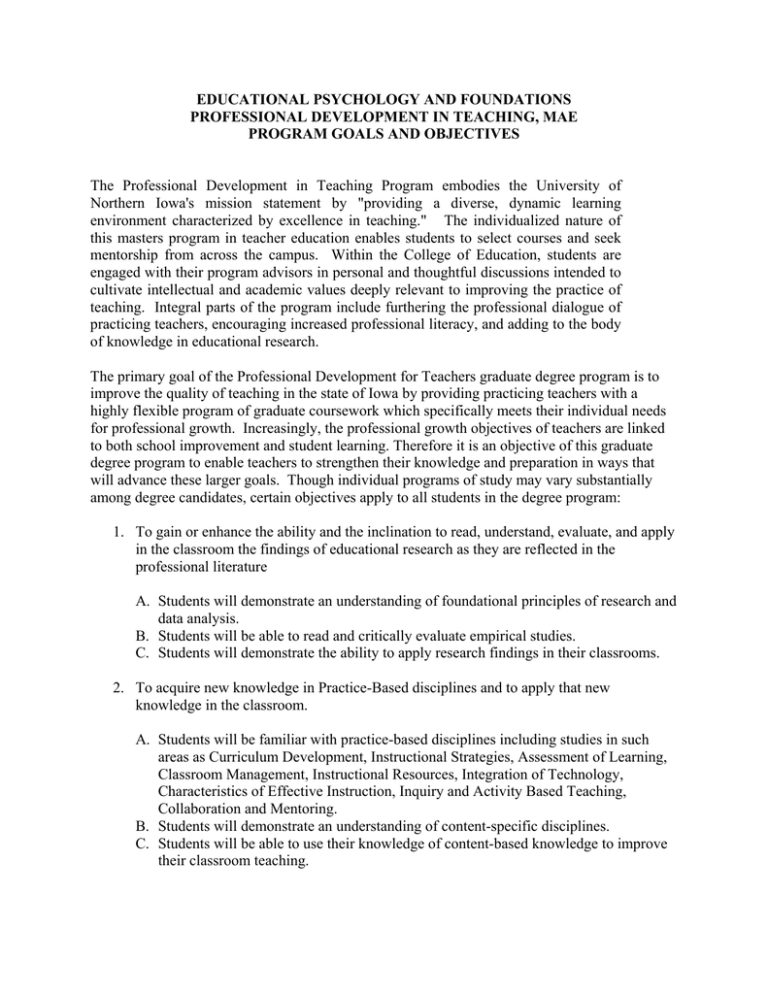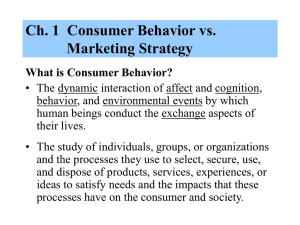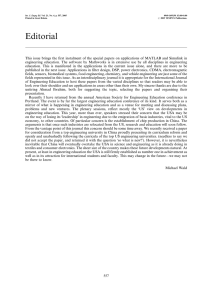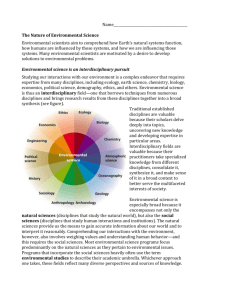EDUCATIONAL PSYCHOLOGY AND FOUNDATIONS PROFESSIONAL DEVELOPMENT IN TEACHING, MAE
advertisement

EDUCATIONAL PSYCHOLOGY AND FOUNDATIONS PROFESSIONAL DEVELOPMENT IN TEACHING, MAE PROGRAM GOALS AND OBJECTIVES The Professional Development in Teaching Program embodies the University of Northern Iowa's mission statement by "providing a diverse, dynamic learning environment characterized by excellence in teaching." The individualized nature of this masters program in teacher education enables students to select courses and seek mentorship from across the campus. Within the College of Education, students are engaged with their program advisors in personal and thoughtful discussions intended to cultivate intellectual and academic values deeply relevant to improving the practice of teaching. Integral parts of the program include furthering the professional dialogue of practicing teachers, encouraging increased professional literacy, and adding to the body of knowledge in educational research. The primary goal of the Professional Development for Teachers graduate degree program is to improve the quality of teaching in the state of Iowa by providing practicing teachers with a highly flexible program of graduate coursework which specifically meets their individual needs for professional growth. Increasingly, the professional growth objectives of teachers are linked to both school improvement and student learning. Therefore it is an objective of this graduate degree program to enable teachers to strengthen their knowledge and preparation in ways that will advance these larger goals. Though individual programs of study may vary substantially among degree candidates, certain objectives apply to all students in the degree program: 1. To gain or enhance the ability and the inclination to read, understand, evaluate, and apply in the classroom the findings of educational research as they are reflected in the professional literature A. Students will demonstrate an understanding of foundational principles of research and data analysis. B. Students will be able to read and critically evaluate empirical studies. C. Students will demonstrate the ability to apply research findings in their classrooms. 2. To acquire new knowledge in Practice-Based disciplines and to apply that new knowledge in the classroom. A. Students will be familiar with practice-based disciplines including studies in such areas as Curriculum Development, Instructional Strategies, Assessment of Learning, Classroom Management, Instructional Resources, Integration of Technology, Characteristics of Effective Instruction, Inquiry and Activity Based Teaching, Collaboration and Mentoring. B. Students will demonstrate an understanding of content-specific disciplines. C. Students will be able to use their knowledge of content-based knowledge to improve their classroom teaching. 3. To acquire new knowledge in Theory-Based disciplines and to apply that new knowledge in the classroom. A. Students will demonstrate knowledge and skills in theory-based disciplines that provide the broader, contextual frameworks for understanding. B. Students will be able to use the theoretical knowledge related to their discipline to develop practical classroom activities and to make decisions about teaching. C. Students will be familiar with Learning Theory, Human Development, Motivation, Cognitive Science, Child and Adolescent Psychology, Curriculum Theory, History of Education, Philosophy of Education, Sociology of Education, School Reform and School Improvement, Diversity, and other disciplines in which the intent is to develop theoretical frameworks for understanding and improving classroom practice. 4. To acquire new knowledge in Content-Based disciplines and to apply that new knowledge in the classroom. A. Students will demonstrate an understanding of the subject matter areas in which they provide instruction. B. Content studies include all of the subjects which are taught in schools, including Reading, Mathematics, Science, Social Sciences, Arts and Music, Physical Education, Vocational Studies, Foreign Languages, etc. The intent of this objective is to expand the teacher’s knowledge base and expertise in teaching content knowledge. 5. To acquire the ability to conduct research and to apply the findings of that research to classroom practice. A. Students will demonstrate their understanding of the scientific process and research design. B. Students will demonstrate their ability to apply research findings related to teaching and learning in their classroom practice. C. Students will be able to demonstrate the skills necessary to conduct research.



